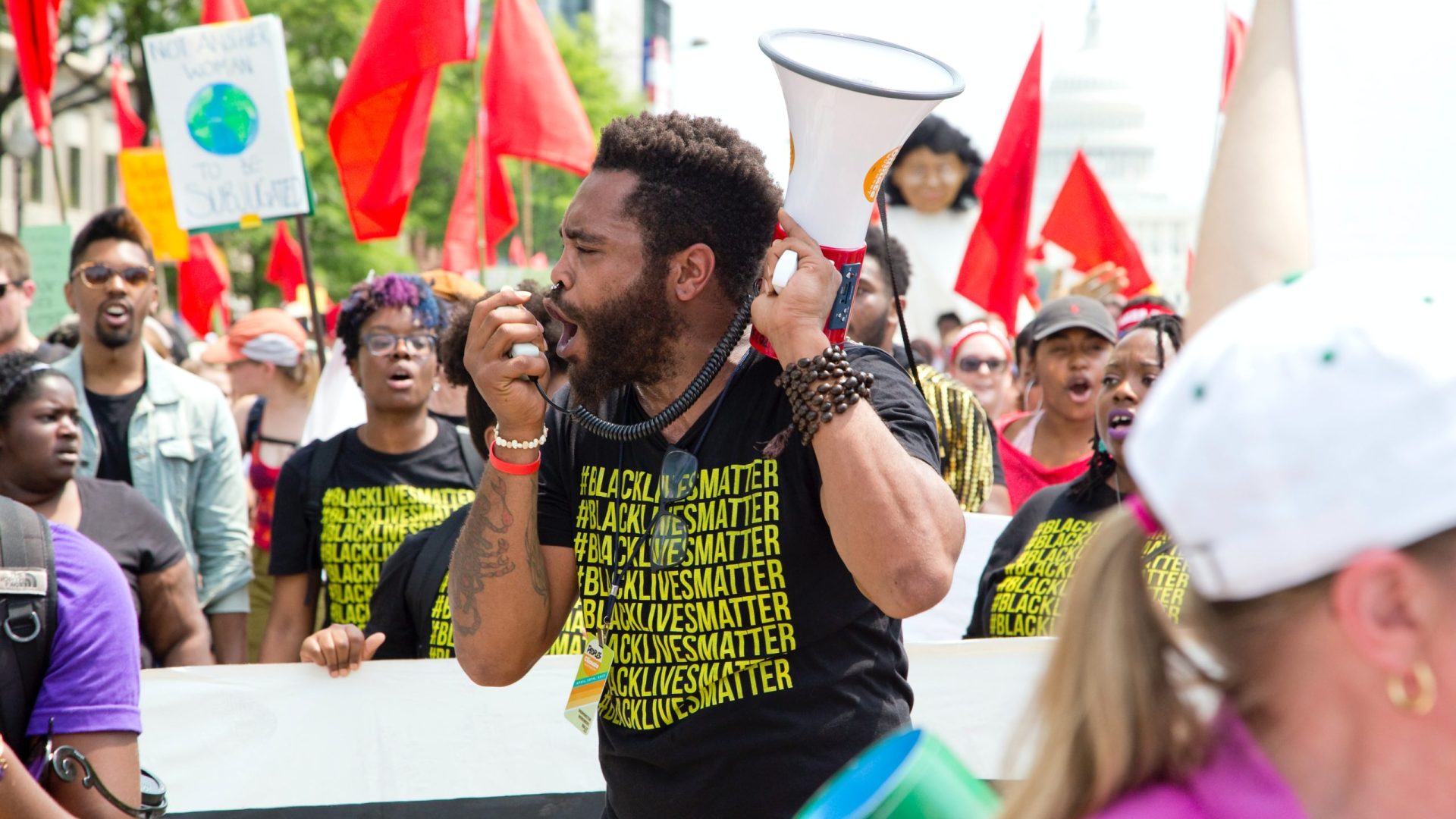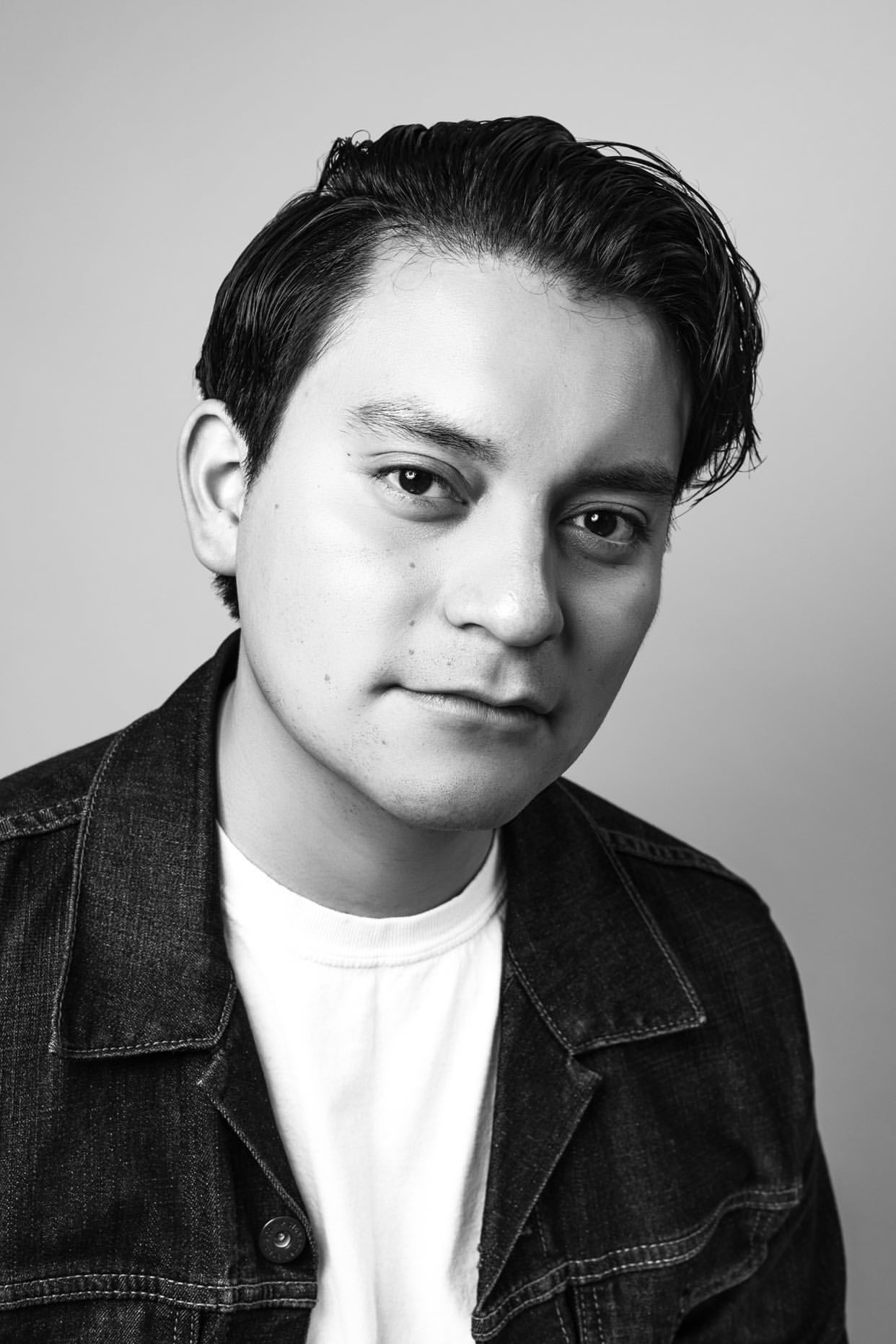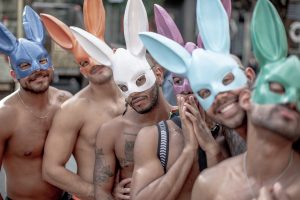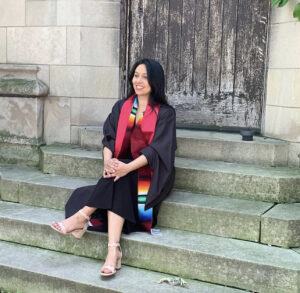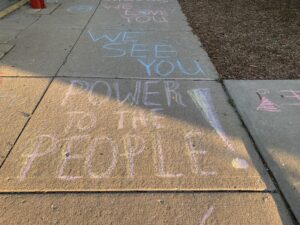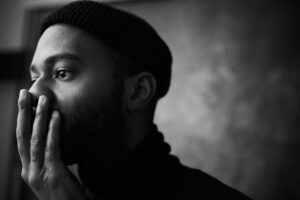As a latino in the longstanding era of racial oppression, especially concerning anti-blackness, seeing the deaths and movements around George Floyd, Breonna Taylor, and many more, always prompts me to ask questions along these lines: How can I support the Black Lives Matter Movement? What does that mean for me as a Latino?
It is no secret, growing up Latino also means growing up around anti-blackness mentalities. It is crucial to know and remember that being a person of color does not automatically mean being immune to anti-blackness.
As latinos, we know the drill:
● Assumptions about being born outside of the U.S. even if you were born in Midwest Kansas
● Assumptions about not speaking English or the expectation to speak Spanish
● Being lumped into one category, normally being “Mexican,” by a place half of our size
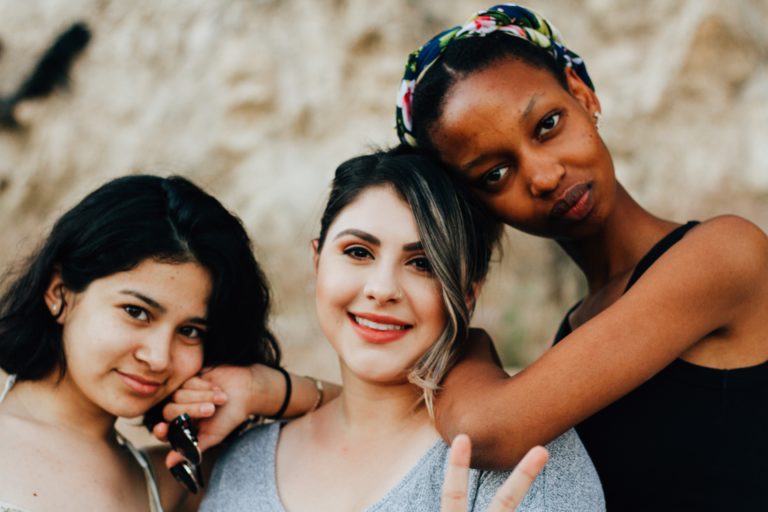
When it comes to situations like the ones I just described, my first protocol, as a person of color, is to remember and inform that it is not my responsibility to educate white people about racism. Sure, I’ll tell them a good book to read or point them in a good direction where they can find resources, but educating them is not my duty. I also remind them that it is their duty to go into their white communities to break the status quo concerning stereotypes and misconceptions about the latino culture.
As white people should go into their white communities to break the stereotypes around Latinos, Latinos have the duty to go into their latino communities to break the cycle of anti-blackness.
So here is the golden question:
How can I continue the process of breaking the pattern around anti-blackness in my own communities?
Here are 3 starting places:
Stand up against anti-blackness in our latino communities
Breaking the patterns in our own families, let alone our own communities can be terrifying for latinos. In fact, doing so can be the exact definition of being irrespetuosos to our family members. So how the hell can we begin to break these patterns?
One good way to start is using the latino experience to explain and educate our families about the experience of people that are black, their history of discrimination, and current events.
Educate ourselves in how latinos have oppressed black people in the past and how those practices have spilled over onto our personal lives and language
As we have called out white people for having no idea where some phrases that they use came from and how they are discriminatory, we can make the same mistakes. Paying attention to the language that we use, and gently educating ourselves, families, and communities can help bring awareness and change to patterns that we might not have been aware that needed to be changed. Common phrases:
● “Cásate con un güero para mejorar la raza”
● “El niño es morenito, pero esta bonito”
● “Nunca falta un prietito en el arroz”
● “Trabajo como negro para vivir como blanco”
Engage in more confrontational conversations like colorism, anti-blackness, discrimination, and prejudice in our personal lives and social circles
We should engage in these conversations with ourselves and with our friends and families. The point is this, we can become comfortable by pushing these conversations to the side, and by assuming that anti-blackness doesn’t affect us because we are people of color.
As latinos, we must remember that we are the ones that must engage in breaking the patterns of anti-blackness in our families, communities and with ourselves.
Thomson Ernesto Ticum is a Mayan-Guatemalan therapist from the K'iche' tribe in Kansas City, KS. Thomson graduated from MidAmerica Nazarene University in Olathe, KS as a Licensed Professional Counselor with an emphasis in Marriage Couples and Family. He is passionate about providing mental health content, representation, and creativity to the Latinx community in the U.S. and in Latin America. Thomson has experienced working as a Bilingual Police Advocate at a domestic violence shelter and as a videographer for multiple non-profits in the Kansas City area. His personal interests include videography, playing music at local coffee shops and events, and meeting latinos across the country.
-
This author does not have any more posts.

